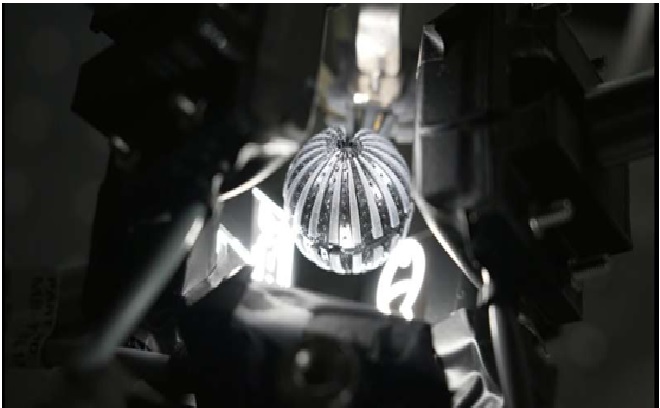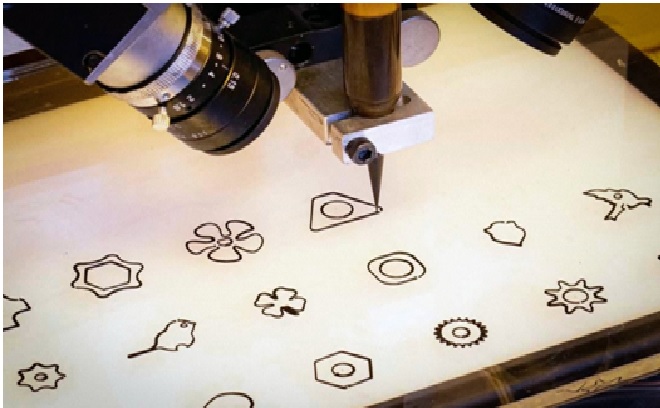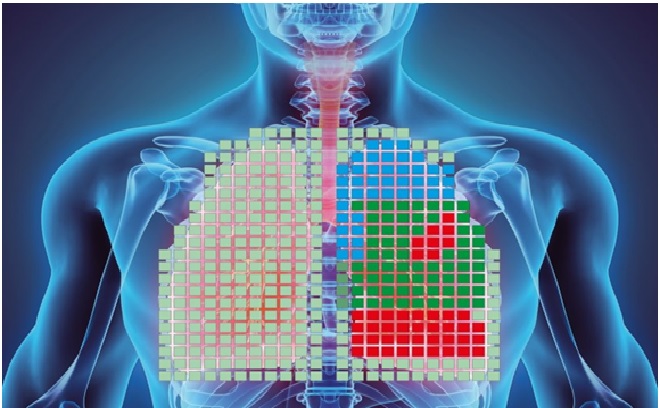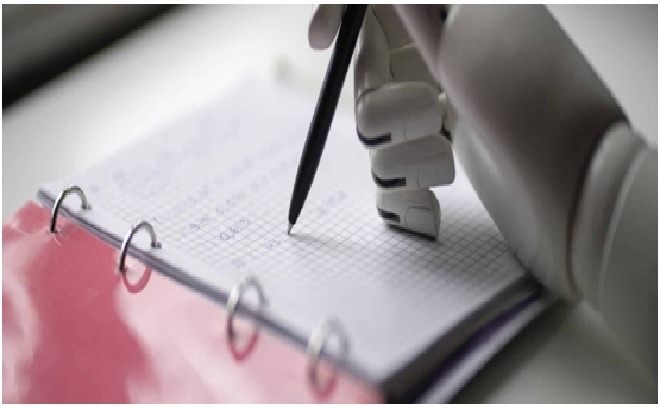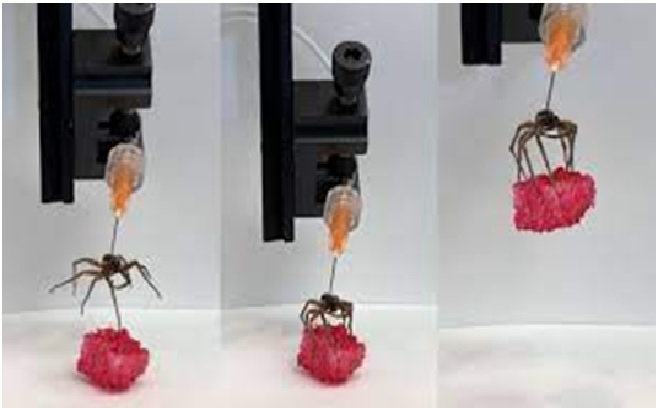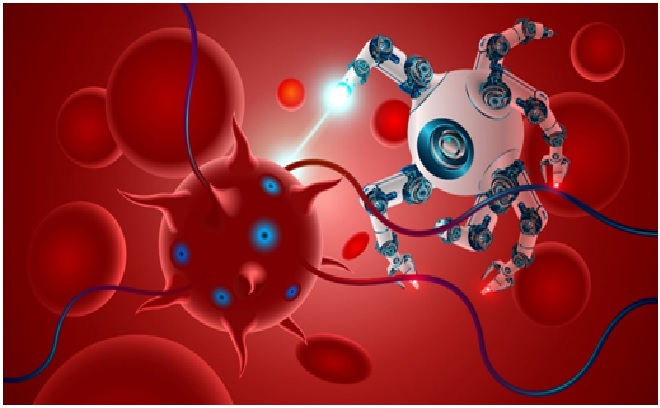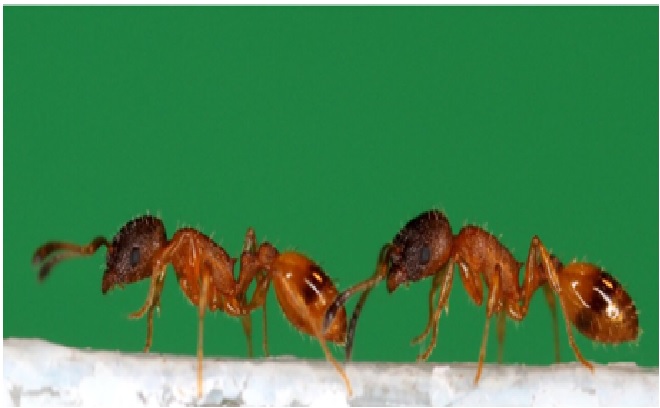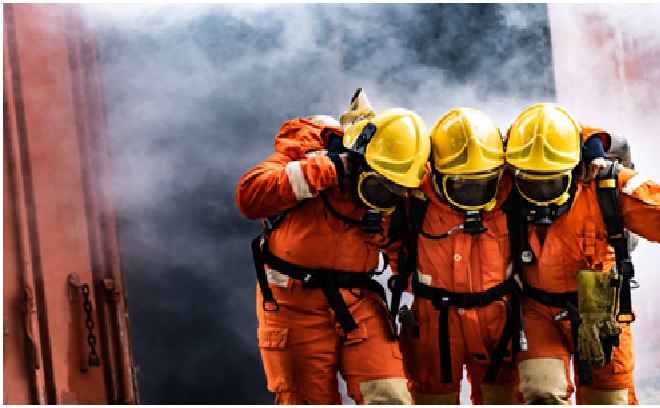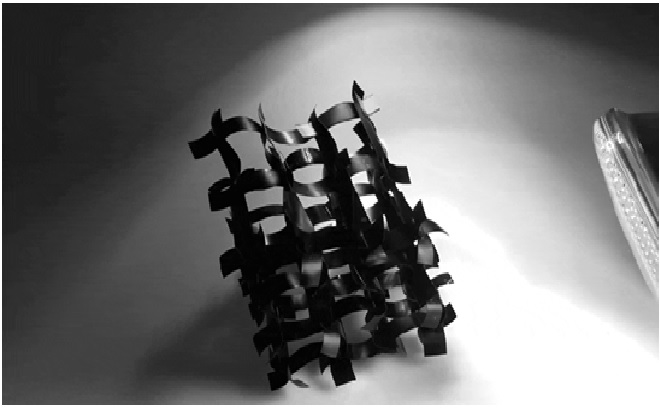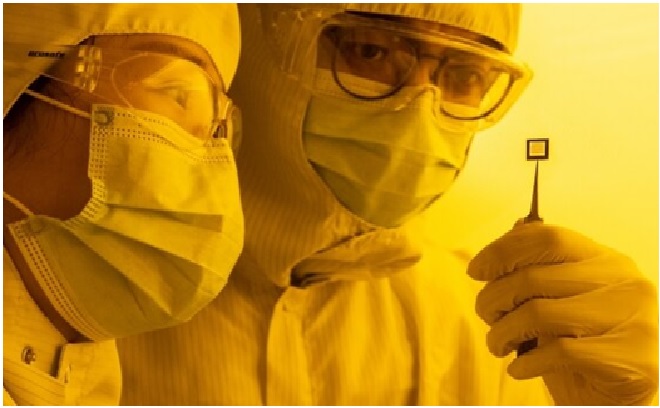In simulation of water freezes, artificial intelligence breaks the ice
The team, based at Princeton University, accurately modeled the early stages of ice formation by applying artificial intelligence (AI) to solve the equations that govern the quantum behavior of individual atoms and molecules.
The resulting simulations describe how water molecules transition into solid ice with quantum precision. This level of accuracy, once thought unattainable due to the sheer amount of computing power, became possible when researchers incorporated deep neural networks, a form of artificial intelligence, into their methods. [1]
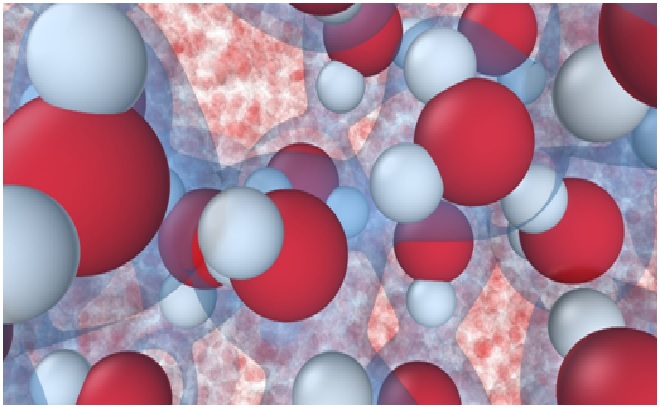
Figure 1. In simulation of water freezes, artificial intelligence breaks the ice
Figure 1 shows “In a way, this is like a dream come true,” said Roberto Kahr, Ralph W. Dornte Professor of Chemistry at Princeton, who more than 35 years ago pioneered the underlying quantum law approach to modeling molecular behavior.“Then we hoped that eventually we would be able to study systems like this, but this was not possible without further conceptual development, and this development took place in a completely different area – artificial intelligence and data science.”
The ability to simulate the initial stages of water freezing, a process called ice crystal formation, can improve the accuracy of modeling weather and climate, as well as other processes such as the rapid freezing of food. [2]
AI supplied a horny potential resolution. Researchers practice a neural community, named for its similarities to the workings of the human mind, to acknowledge a relatively small variety of chosen quantum calculations. As soon as educated, the neural community can calculate the forces between atoms that it has by no means seen earlier than with quantum mechanical accuracy. This “machine studying” strategy is already in use in on a regular basis purposes akin to voice recognition and self-driving vehicles. [3]
"The fact that we are studying very complex phenomena from the fundamental laws of nature, to me that is very exciting," said Piaggi, the study's first author and a postdoctoral research associate in chemistry at Princeton. Piaggi earned his Ph.D. working with Parrinello on the development of new techniques to study rare events, such as nucleation, using computer simulation. Rare events take place over timescales that are longer than the simulation times that can be afforded, even with the help of AI, and specialized techniques are needed to accelerate them. [4]
References:
- https://trainersadda.com/in-modeling-how-water-freezes-artificial-intelligence-breaks-the-ice-sciencedaily/43986/
- https://journalbreak.com/in-simulation-of-how-water-freezes-artificial-intelligence-breaks-ice/
- https://yarkstory.xyz/in-simulation-of-how-water-freezes-artificial-intelligence-breaks-the-ice/
- https://www.sciencedaily.com/releases/2022/08/220808162234.htm
Cite this article:
Thanusri swetha J (2022), In simulation of water freezes, artificial intelligence breaks the ice, AnaTechMaz, pp.160


